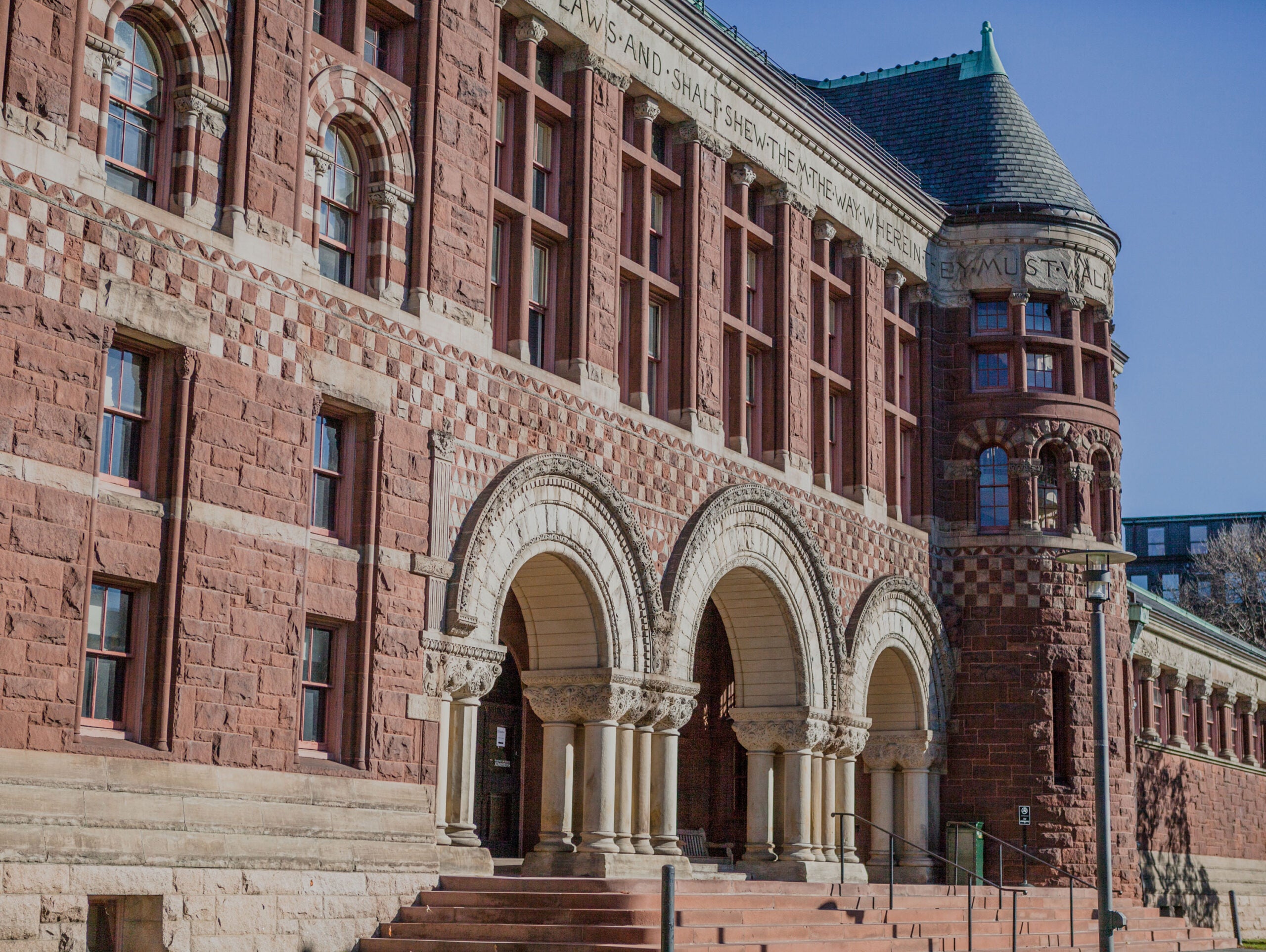Harvard Law School today announced plans to participate in the 2021–2022 Weil Legal Innovators Program (WLI), a paid fellowship that enables incoming students to defer their first year of law school to work at a WLI partner nonprofit organization. This new partnership builds on the School’s growing commitment to supporting students who want to explore public interest law. Launched in 2019, WLI is a multi-stakeholder philanthropic initiative established by law firm Weil, Gotshal & Manges to engage incoming law school students in addressing some of the most pressing social and legal challenges in our communities today.
“Harvard Law School is committed to matriculating students with a variety of experiences that they bring to bear in our classrooms and community,” said Kristi Jobson ’12, assistant dean for admissions and chief admissions officer. “The Weil Legal Innovators Program will provide our incoming students new opportunities to gain knowledge and skills that will benefit their legal education, their fellow students, their careers after they graduate, and their future clients.”
The program will help rising Harvard Law students engage in leading social and legal impact initiatives, learn about the intersection between the public and business sectors, establish meaningful relationships with influential leaders in the nonprofit and legal industries, and expand their professional skills before beginning law school. All incoming Harvard Law students permitted to work in the United States are eligible to apply. Applications will be reviewed by the WLI Steering Committee.
“We are thrilled to have Harvard Law School join our second year of the Weil Legal Innovators Program,” said Weil Executive Partner Barry Wolf. “HLS’s involvement will help expand the program’s reach to even more students who are interested in potential careers that span both the public and private sectors.”
Students accepted into the program may work on initiatives within a broad range of areas, including but not limited to racial justice, environmental conservation, humanitarian aid, human rights and legal services, and social services and community empowerment. Inaugural WLI partner nonprofit organizations included Ashoka, Aspen Institute, Earthwatch Institute, Human Rights Watch, Innocence Project, Oxfam and Tahirih Justice Center. Innovators receive a salary and health benefits for the year, a $10,000 academic scholarship, and ongoing mentorship by a Weil, Gotshal & Manges partner.
HLS’s partnership with the Weil Legal Innovators Program builds on other recent efforts to further support students’ public interest objectives. HLS is one of only two law schools in America that provides 100 percent need-based aid to all eligible students. It also recently established a preferred lender program to give students lower-cost education loan financing options.
For students interested in exploring public service careers, the HLS’s Low Income Protection Plan (LIPP) reduces the loan repayment burden for graduates who go to work lower-paying jobs in government, the public sector, and academia. The School’s summer public interest fund enables nearly 500 students each year to pursue public interest positions. And its public interest interview travel fund provides need-based resources to third year law students traveling for postgraduate fellowship and job interviews with public interest employers and clerkship interviews.
Public service is a significant part of nearly every student’s time at Harvard Law School. JD students are required to perform 50 hours of pro bono work. The most recent graduating class performed an average of 651 hours of pro bono service—more than a dozen times what was required. All told, they contributed 390,095 hours of time pro bono, setting a new record. Eighty six percent of the class of 2019 took at least one legal clinic, and 48 percent took two or more.
